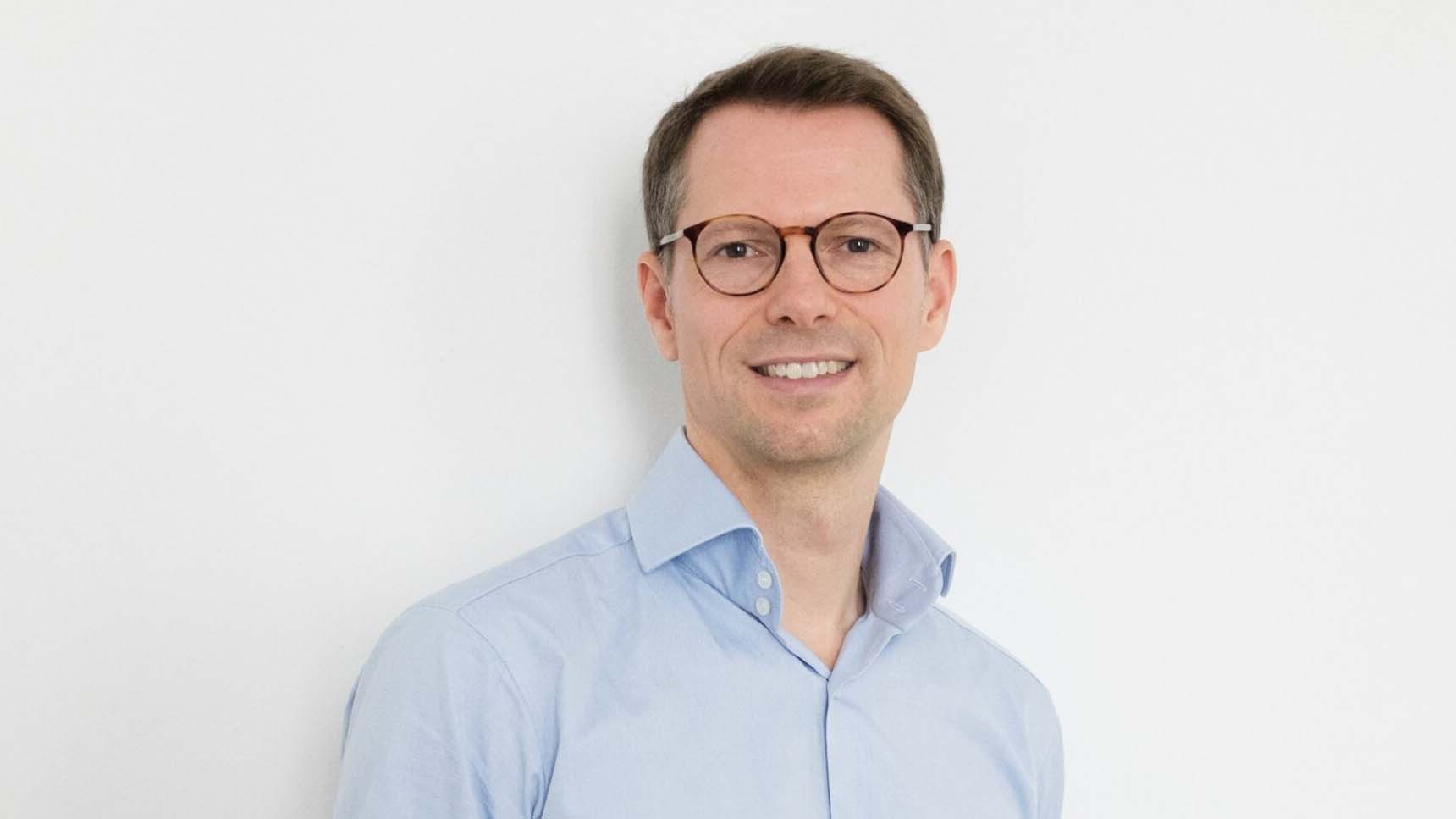Named for the famed Italian explorer who also lent his name to two continents, Amerigo Capital Analytics is a French start-up developing analytic tools and models to help institutional investors understand and evaluate US mortgage real-estate investment trusts (mREITS).
A very young company, Amerigo has been selected to participate in this summer’s NETVA class. NETVA is an accelerator run by the government of France to provide exposure to the U.S. market for innovative French startups. As part of this program they are visiting the U.S. in September.
Intrigued, I decided to ask a few questions of Laurent Gauthier, cofounder of Amerigo.
Q. Congratulations on being selected for NETVA! What has the program been like thus far?
A. Thank you – we’re glad we’ve been picked, as it was fairly selective with over 80 other firms having applied. So far we have had a training seminar in Paris focused on the US market and its specificities (I mean, from a French standpoint). We also got in contact with people at the embassy in DC, and we are working together on identifying relevant contacts for us in the US.
Q. Are you looking at other accelerators as well?
A. We are in contact with a regional startup incubator / accelerator called SEMIA, which can help us in structuring our strategy better, and in navigating the local administrative constraints.
Q. Laurent, how did a French startup come to focus on the U.S. mortgage REIT market?
A. I think one first question would be: why hasn’t there been any focus so far, from startups to bulge bracket players, on mortgage REITs using a quantitative approach? Because this lack of competition left us a wide open field. The opportunity, I think, is due to a combination of two things: the cost of building complex mortgage securities-related models, and the general lack of interest in quantitative analysis in mREIT equity research (sell-side or buy-side). Then there’s the fact we are a French startup (while I guess you’d expect such a US-centric company to be based in the US). We just happen to live here, and we like the food and cheap cost of living!
Q. You are developing algorithms that allow institutional investors to value complex mortgage real-estate investment trusts. How big is the mREIT market and how is this analysis carried out by firms that don’t use Amerigo?
A. Roughly speaking the mortgage REIT market has $50bb in market cap, half in institutional hands and half retail. So far our models track ~$36bb market cap. So this is not a very large market, but to us that makes it far less likely we will have big competitors. On the institutional side, investors generally track mortgage REITs’ balance sheets and exposures in a spreadsheet, which they update as numbers are released or based on equity research publications that follow a comparable format. In fact, institutional investors tend to look at mortgage REITs as a subset of financials, or equity REITs, and hence apply similar models and techniques in their analysis. Our own approach is markedly different, we look at mortgage REITs as kinds of mortgage-backed securities, and apply the same models as we would on MBS. This gets us a significantly more accurate view of their risks and relative value.
Q. How are you delivering your solutions? Is this SaaS?
A. We do not deliver software per se, but rather a large set of automatically generated reports, which summarize what we think is the most relevant information. Hence there is no interactive aspect in the way the results are delivered to our clients. At some point we expect to make our interface more interactive, for example by allowing users to query data in their own particular way.
Q. Do you expect U.S. mutual fund companies to be a big market for you?
A. We have not yet tackled that market, but we expect them to be important – at least those with sufficient AUM in the mortgage REIT space.
Q. Are you planning to build a direct sales force?
A. Not at the current stage for institutionals. We want to first cover all professional or personal contacts and networks that we can (and that includes NETVA of course). Then we’ll assess the economics of having a dedicated sales force.
Q. How are you pricing your services?
A. It’s a fixed amount (I mean, it does not depend on AUM). We price it above basic analytics for agency MBS, and well under analytics for non-agency RMBS.
Q. One of the biggest challenges facing startups selling to the buy side is the long sales cycle. Do you have any thoughts on how to address this?
A. Currently our primary target is hedge funds, which tend to move faster than large mutual funds or investment banks. But in any case, we do not depend on growth to survive, so time is on our side.
Q. What is the environment like for FinTech startups in France? Is there enough support, in terms of mentors? Angels? VCs? Is there a lot of startup activity in Strasbourg, where you are located?
A. It’s difficult for me to say, because we have really not sought to get help from business angels or VCs. My understanding however is that in France there are many agencies or entities connected to the Government or various municipalities that channel funds to startups, so I am not sure to what extent it is necessary for many of them to resort to private funding.
Q. I often ask people when they think a startup should begin thinking – and acting – globally. Is there a large market for your services within France, or have you been planning to address institutional asset managers around the globe right from the start?
A. I would say that we are not local, but we are not global either. We’re just focused on the US market for now because that is the most natural target for our products. As a matter of fact, we do not know if there is a market for our institutional product in France, and we’ll only look into this once we feel we have covered the US and UK markets well enough. On the retail side we contemplate a different approach, where we will first tackle the local market, and then expand internationally.
Q. Given your market, do you intend to move Amerigo to the U.S. or UK or establish U.S. or UK offices?
A. It could make sense to have a sales force in the US, maybe with an office, but we will keep our headquarters and production functions in Europe, as the costs are much lower.
Q. Are you bootstrapped? In the market for capital?
A. We’re fully self-financed. So we are currently not looking for capital. At a later stage we will need capital, most likely when we begin developing a retail product in the US. Besides, for large amounts of capital, it might make more financial sense to invest it into mortgage REITs using our analytics, than invest it into the ability to sell these tools to a marginal investor.
Q. What does your team currently look like? Are you hiring?
A. There are currently two of us in management. I tend to focus on business development and on the core model algorithms, while my partner who has a legal background deals with specific mortgage REIT modeling and legal and tax aspects (quite something over here). We are in talks with a third person to cover the development of our retail business, starting in Europe. Then, we have six additional people working for us across the world as consultants, in model development and optimization, infrastructure development, REIT modeling and data tracking, and web site development. For now we are fully staffed.




1 comments On Q&A with coFounder of Amerigo Capital Analytics
RT @redphase: Interview w/ 2014 @Netva_fr laureate Amerigo Capital Analytics: http://t.co/A1RmfppFaD Algorithms for institutional mortgage …